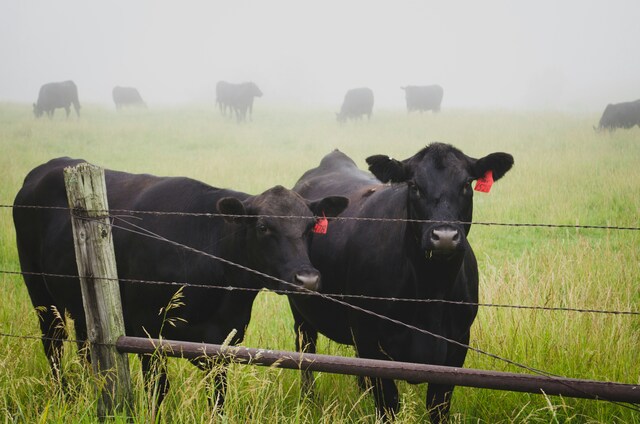
Over the last month and a half, Bovaer has been the word on consumers’ and cattle farmer’s lips and not in a good way.
Bovaer is a feed additive used to lower methane emissions produced by catlle by up to 50 per cent and is already approved in 68 countries including Australia.
In December last year, Coles announced that they would be adding Bovaer to the feed of their beef and dairy cows.
This quickly sparked controversy, misinformation and even panic among consumers and farmers alike.
According to a statement from DSM Firmenich, the owner of Bovaer, the additive has undergone over 150 test studies in over 20 countries, including Australia, since 2009.
“Bovaer suppresses methane production in the stomach of cows (which) is then broken down organically by the cow’s normal digestive and metabolic processes,” the company said.
“Provided it is used as recommended, Bovaer is fully metabolized by the cow and is not present in milk or meat, so there is no consumer exposure (and) does not enter into milk or meats.”
While Bovaer is deemed ‘safe’ and only requires a small dosage, the warning label for the product itself states that protective equipment such as impervious gloves, dust mask and safety glasses are to be worn when preparing the product.
Bovaer’s main chemical constituent, 3-nitrooxypropanol (3-NOP) is known to cause skin and eye irritation and can be harmful if inhaled.
That being said, there is still plenty of beef and dairy producers, and companies in Australia, like Norco, who have made it known they do not use the additive.
Chairman of Healthy Soils Mick Alexander said some consumers are turning away from supermarkets and buying their beef directly from the producer.
Mr Alexander has been producing organic beef and selling it to locals for the last seven years.
“(My philosophy is) if it’s not making any animal healthy, as in it’s not a nutritional product, then it’s making the animals unhealthy,“ Mr Alexander.
“None of these products should be going into our beef or any of our other meats for that matter.
“(Consumers are choosing to buy direct) because it’s hard to trust what supermarkets put out on their shelves… and people want to know their farmers, know where their food comes from.“






